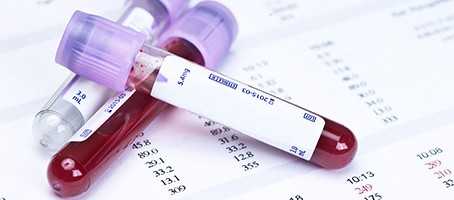A new study finds taking statins to control high cholesterol levels could lead to a 46 per cent increased risk of developing type 2 diabetes.
High-dose simvastatin was linked to an increased risk of type 2 by 44 per cent (low-dose therapy led to a 28 per cent increased risk), while high-dose atorvastatin was linked to a 37 per cent increased risk.
Researchers at the Institute of Clinical Medicine at the University of Eastern Finland and Kuopio University Hospital, Finland examined 8,749 non-diabetic men aged between 45 and 73.
The six-year follow-up study was conducted on the recruits who had participated in the Metabolic Syndrome in Men study, performed in 2005 to 2010.
An oral glucose tolerance test (OGTT) was performed, while confounding factors such as BMI, physical activity, smoking and alcohol intake were accounted for.
625 participants were diagnosed with type 2 diabetes during the 5.9 year follow-up study. This was determined either by an HbA1c test, OGTT test or the use of antidiabetic medication.
Statins risk
At the beginning of the study, 2,142 patients were taking statin medication. After all possible factors for the diagnosed cases of type 2 were evaluated, a 46 per cent increased risk of type 2 diabetes due to statin treatment was reported.
Statins led to a 24-hour reduction in insulin sensitivity among participants and a 12 per cent reduction in insulin secretion. These are two key factors in managing type 2 diabetes successfully.
“The association of statin use with increased risk of developing diabetes is most likely directly related to statins decreasing both insulin sensitivity and secretio,” the researchers wrote.
The researchers noted that given their test subjects were all men, the results do not apply to women or people from other ethnicities with type 2 diabetes.
What's new on the forum? ⭐️
Get our free newsletters
Stay up to date with the latest news, research and breakthroughs.







